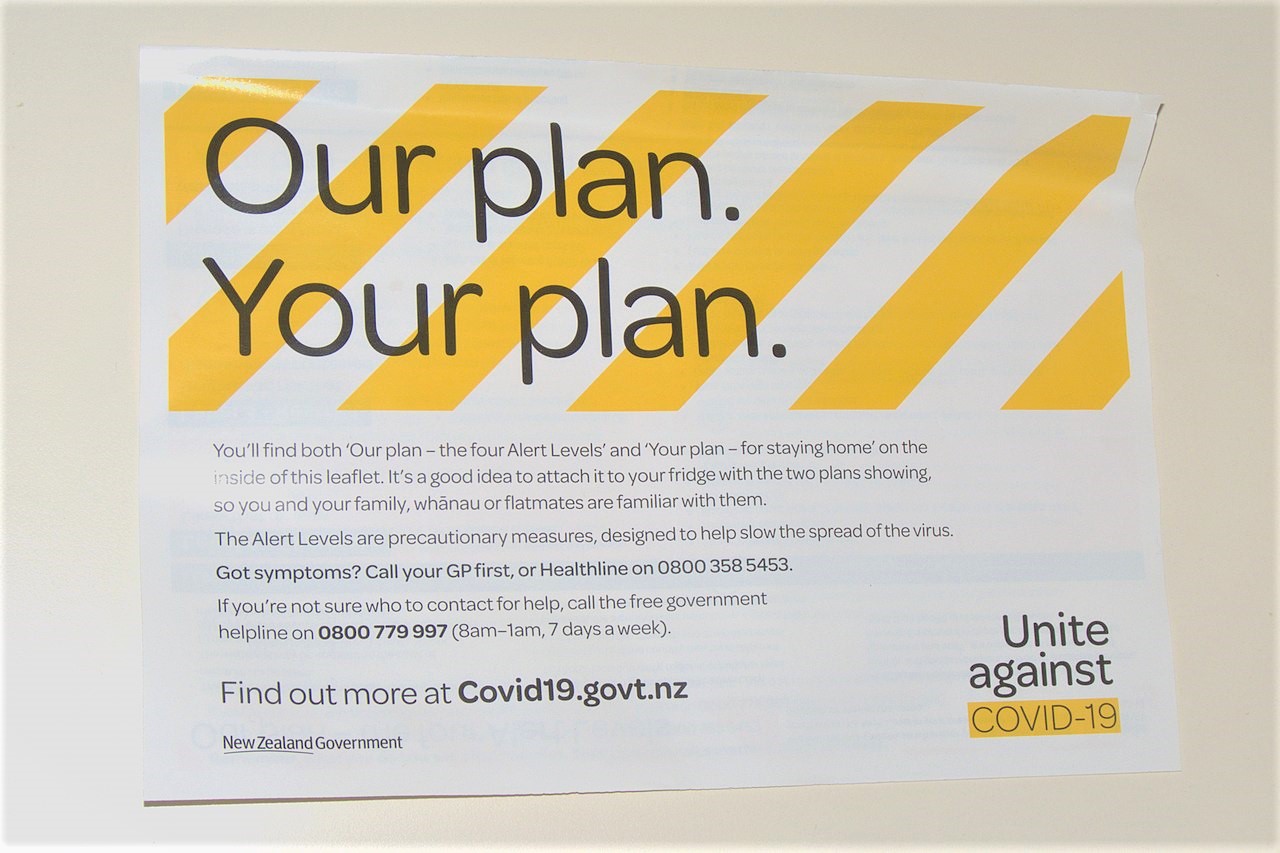Media release
From:
The use of scientific expertise has been vital to New Zealand’s successful COVID-19 elimination and control strategy according to some of New Zealand’s top scientists whose views have been among those sought and heard.
In a paper published today in leading international scientific journal Nature Immunology, Associate Professor James Ussher, Dr Jemma Geoghegan, Associate Professor Nikki Moreland and Professor Graham Le Gros say New Zealand has avoided the major health impacts of the SARS-CoV-2 pandemic due to decisive government leadership informed by molecular virology, infectious disease epidemiology and immunology expertise.
The scientists say the government responded to concerns around the New Zealand health system’s capacity to cope in the event of widespread community transmission by seeking to eliminate SARS-CoV-2 from the population. They point to highly successful public health measures in achieving this and the establishment of a cross-ministerial Vaccine Taskforce responsible for ensuring access to safe and effective vaccines as an exit strategy.
The group identifies key features of the successful science response including the rapid development of in-house laboratory RT-PCR tests, antibody testing and viral genomics.
“By integrating genomics with epidemiological and modeling data, local transmission chains and regional spread were able to be tracked and audited in real time. When combined with geographic information, the pathways of viral spread, including from the global population, domestically and at the community level, were more easily revealed.”
These results have been used by government agencies to direct public health interventions.
The paper also acknowledges the approach taken to accessing vaccines given the challenges and uncertainty faced as a small economy in the South Pacific.
“From the outset, the approach of the national Vaccine Taskforce was broad, including investing in the international COVAX facility; pursuing bilateral advance purchase agreements with major vaccine developers; and establishing a national preclinical and clinical vaccine evaluation platform, Vaccine Alliance Aotearoa New Zealand — Ohu Kaupare Huaketo (VAANZ).”



 New Zealand
New Zealand



